|

Lord Nolan
proposed new legislation (that was never implemented) to make councils accountable for
wrongdoing. This legislation would place on the statute books
current common law offences against the person or property. Such
criminal statute would deter the offenders. Equally, it will be so
much easier to insist the Police
take action where statute positively identifies the crime.
That's
a tall order in anyone's books. If the Wealden District is an example of
the levels of corruption, you'd never see a prosecution of any crooked
planning officer, chief executive or maybe even a councillor, because in
Sussex the police chiefs are part of the problem.
We
can say this because when 12 unrelated people lodge a petition calling for
an investigation and the Chairman of a Council Panels agree that these are
matters for the police, but the local constabulary do not even accord the
criminal allegations a Crime Number - and not one of the complainants is
contacted for a statement - you know something stinks to high heaven in
Sussex.



Ex
Cllr Lord (Richard) Newton - we could not find a single photograph of
the gentleman anywhere in the media, Jack Gore (Framfield) and Eddie Powell, also a
mystery man off the grid as it were, are former members of Wealden
Council.
Despite the fact Petitioners had
requested an independent investigation, Wealden District Council decided
to investigate the complaints of 12 petitioners by means of an internal
inquiry. The panel consisted of Lord
Newton, Jack Gore and Eddie
Powell.
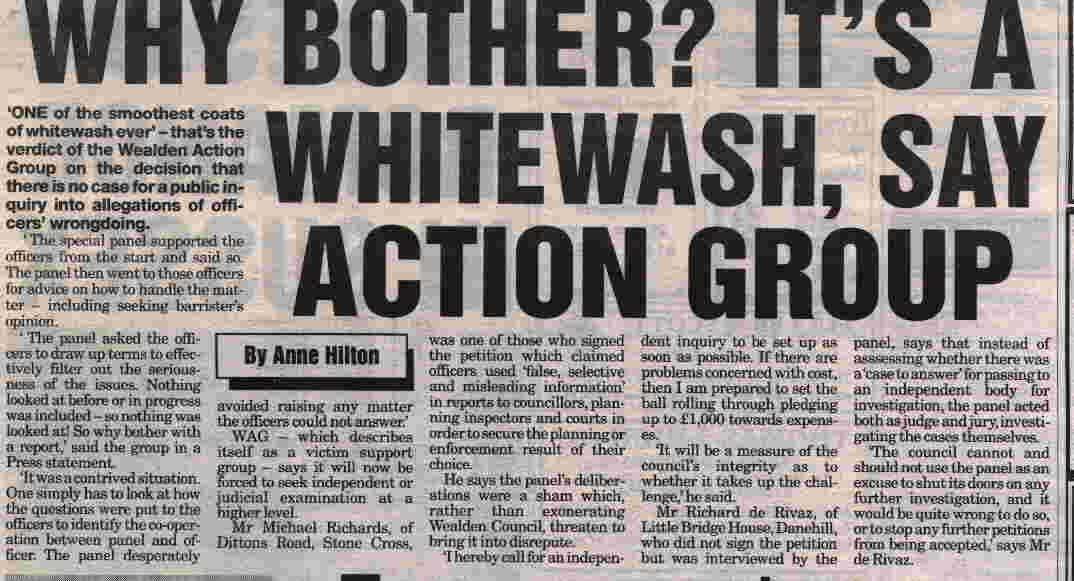
Lord Newton resigned some months
after the Panel reached its verdict, declaring a conflict of interest
where land in his ownership had been identified as a possible site for
landfill waste tipping.
The
Wealden Action Group
declared the findings of the Panel a 'Whitewash' and a 'Sham' as seen in
the above Sussex Express
article seen in their January 1998 edition.
MASONIC
INFLUENCE
Sussex
Police worked with Wealden to cover up the crimes, because it appears that
the officers concerned were chums. If we were to tell you that Ian
Kay married the daughter of a local builder who was a past master in
the Masons, Tyrian Lodge in Eastbourne, would that raise a few eyebrows?
If
you knew that Mr Kay's affiliation with Denis Bernard Best was known to
almost all of the other officers and some Members of Wealden
District Council that would not surprise you. But if we told you that
despite this knowledge, officers of this Council would turn a blind eye
when Ian Kay was commentating on his father-in-law's application
concerning 'Sandcastle' at Pevensey Bay in open committee - then you might
begin to wonder just how deep the corruption was within Wealden.
Why?
Because for Ian to have conducted himself in such fashion meant that he
had the full support of his work colleagues - when those colleagues knew
that a declaration of interests had been made officially, but then said
nothing to remind Kay that he should not be in the chamber - let alone
speaking on the application with a view to persuading the Committee to
grant planning consent.
This
is Fraud plain
and simple. It appears to us that Ian Kay was trying to procure a valuable
consent for his father-in-law. In that planning permission increases the
value of land, hence, there is a pecuniary advantage that could have been
obtained contrary to the tenets of the then Theft Act 1968.
The
officer was challenged as to the Conflict of Interest by one of the
members of this Council, when he hastily left the Committee Room, in the
process grabbing all of his papers.
An
entry in the Register of Members & Officers Interests was erased with
correction fluid (Tipp-ex) to make way for a retrospective entry to seek
to cover up the event. There is no statute of Limitations on such crimes,
but Sussex Police will not even respond to
written communications on the subject even when including a witness
statement.
So
much for honesty and transparency in Wealden Land.
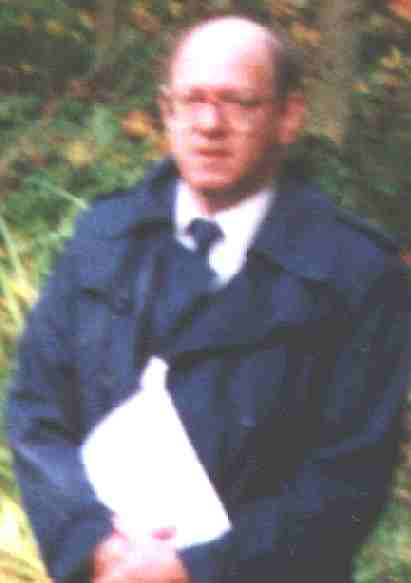
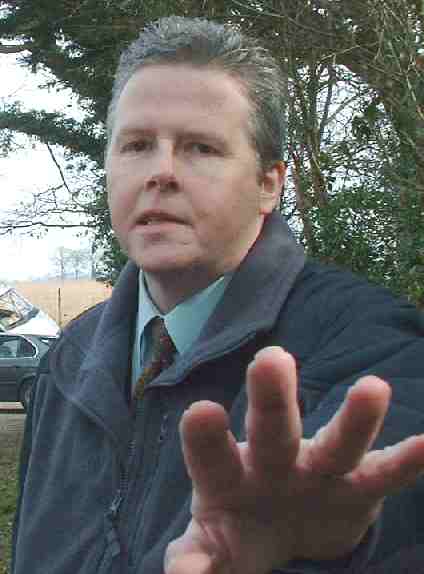


Victorio
Patrick Scarpa, David Whibley, Christine
Nuttall & David Phillips
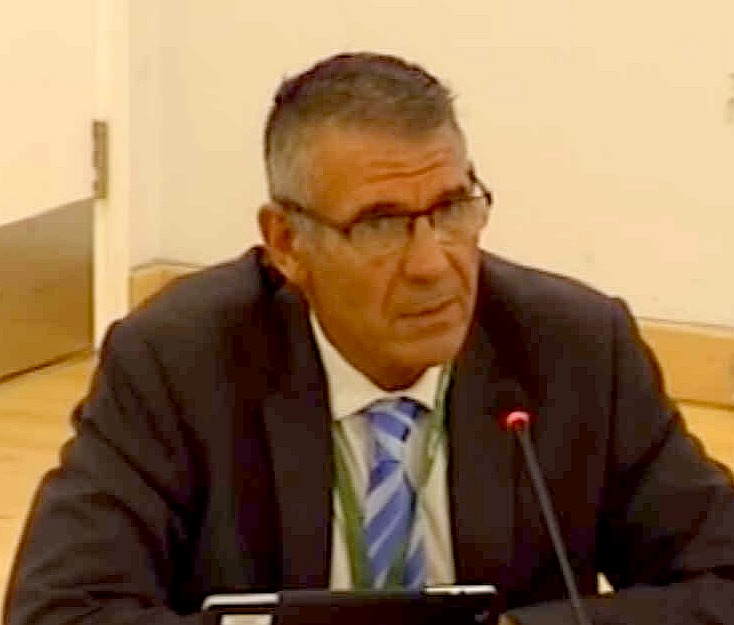


Kelvin
Williams, J. Douglas Moss & Ian M. Kay
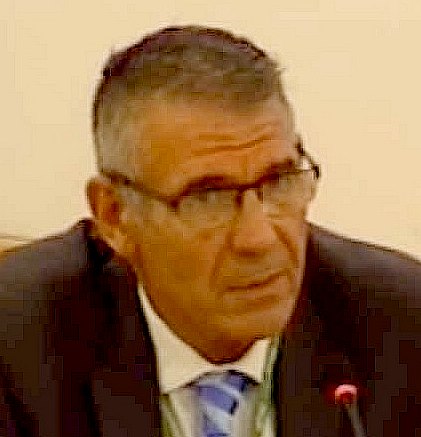
 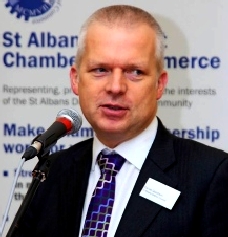



Abbott
Trevor - Alcock
Charmain - Ditto - Arnold
Chris (Christine) - Barakchizadeh
Lesley - Black
Julian -Boakes Beverley
Paul
Barker - Brigginshaw
Marina - Brown
Ashley - Coffey
Patrick - Douglas
Sheelagh - Flemming
Mike - Goodwin
Daniel
Henham
J - Holness
Derek - Hoy
Thomas - Johnson
Geoff - Kay Ian - Kay
I. M.
- Lant Charles - Mercer
Richard - Mileman
Niall
Moon
Craig - Moss Douglas, J. - Nuttall
Christine - Phillips
David - Scarpa
Victorio - Scott
Trevor - Kevin Stewart
Wakeford
M. - Whibley David - White,
George - White Steve - Williams
Kelvin
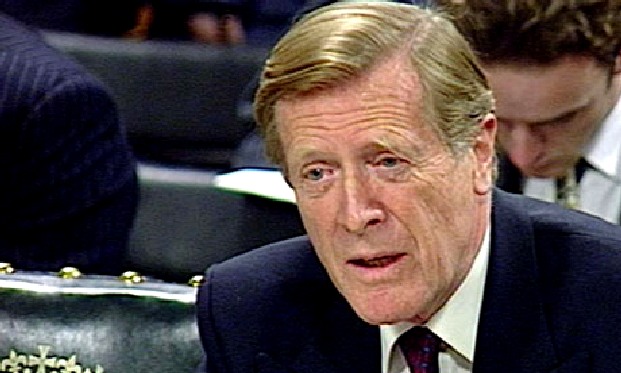
SIR
GEOFFREY JOHNSON-SMITH - Conservative MP for Wealden
at the time failed to respond to representations made to him in person
concerning the corruption in Wealden. He refused to accept information
from at least two Petitioners who visited him during one of his
workshops.
Summary
of the Nolan Committee's First Report on Standards in Public Life
At
the request of the Prime
Minister, the Nolan Committee has spent six
months inquiring into standards in British public life. We have
concentrated on Members of Parliament, Ministers and Civil Servants,
executive Quangos and NHS bodies.
We
cannot say conclusively that standards of behaviour in public life have
declined. We can say that conduct in public life is more rigorously
scrutinised than it was in the past, that the standards which the public
demands remain high, and that the great majority of people in public life
meet those high standards. But there are weaknesses in the procedures for
maintaining and enforcing those standards. As a result people in public
life are not always as clear as they should be about where the boundaries
of acceptable conduct lie. This we regard as the principal reason for
public disquiet. It calls for urgent remedial action.
This leaflet summarises the Committee's unanimous conclusions and lists
its recommendations.
THE
SEVEN PRINCIPLES OF PUBLIC LIFE
Selflessness
Holders
of public office should take decisions solely in terms of the public
interest. They should not do so in order to gain financial or other
material benefits for themselves, their family, or their friends.
Integrity
Holders
of public office should not place themselves under any financial or other
obligation to outside individuals or organisations that might influence
them in the performance of their official duties.
Objectivity
In
carrying out public business, including making public appointments,
awarding contracts, or recommending individuals for rewards and benefits,
holders of public office should make choices on merit.
Accountability
Holders
of public office are accountable for their decisions and actions to the
public and must submit themselves to whatever scrutiny is appropriate to
their office.
Openness
Holders
of public office should be as open as possible about all the decisions and
actions that they take. They should give reasons for their decisions and
restrict information only when the wider public interest clearly demands.
Honesty
Holders
of public office have a duty to declare any private interests relating to
their public duties and to take steps to resolve any conflicts arising in
a way that protects the public interest.
Leadership
Holders
of public office should promote and support these principles by leadership
and example.
These principles apply to all aspects of public life. The Committee has
set them out here for the benefit of all who serve the public in any way.
Anyone
looking at these principles will realise straight away that Members
of councils whether Parish,
District or County, give the impression that
all is well, but actually they don't like being watched and don't like
their records being examined.
That
is because all is not well. It is a club where any councillor obtains
consents for themselves or their mates in the full knowledge that they
will almost never be found out. The police are in on it. This is why the
councillors and officers feel so secure. It is the fact that the police
refuse to investigate and prosecuted cases of Planning Fraud that is the
main problem. Take away police protections and you may begin to see
honesty creep back into the committee chambers - but only because councils
will then be truly accountable.
Most
planning deals are done in private in the corridors, or in private
telephone calls between members and officers or other members.
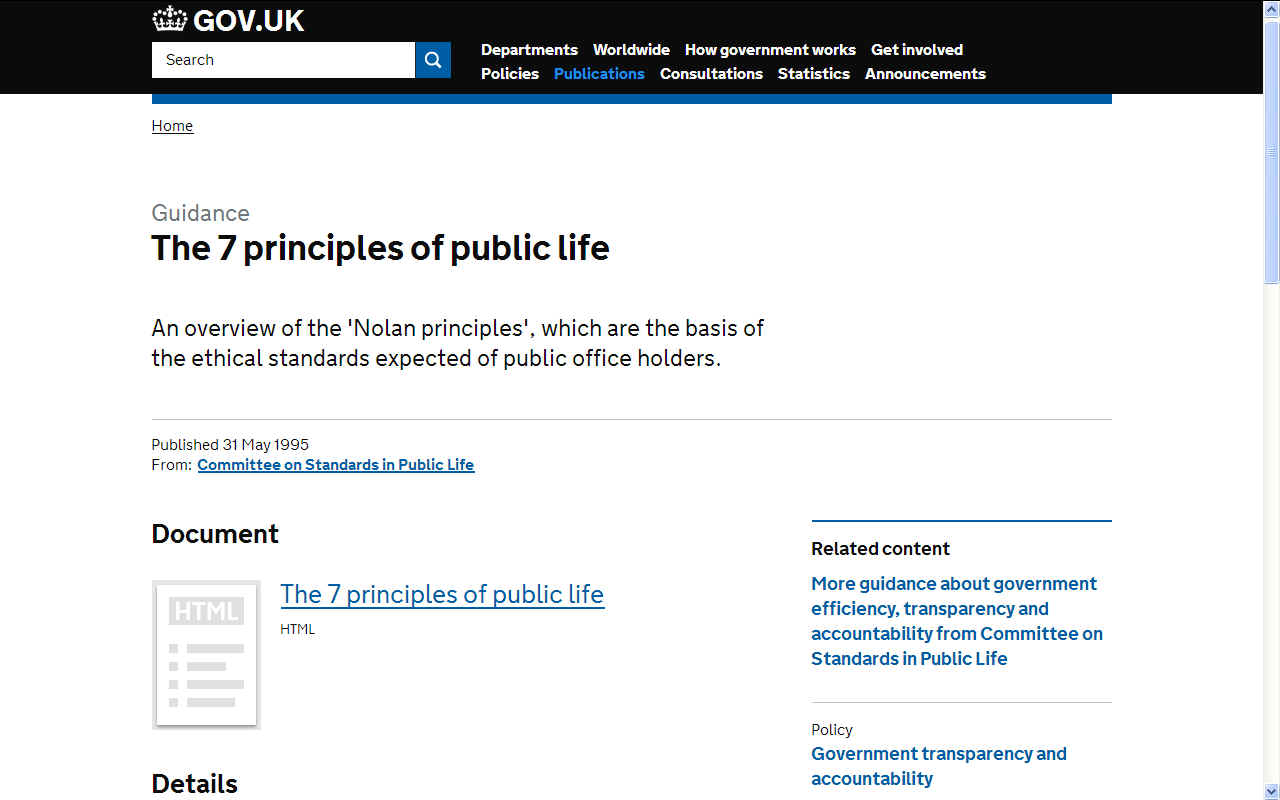
General
recommendations
Some
of our conclusions have general application across the entire public
service:
Principles
of public life
The
general principles of conduct which underpin public life need to be
restated. We have done this in the seven principles opposite.
Codes
of Conduct
All
public bodies should draw up Codes of Conduct incorporating these
principles.
Independent
Scrutiny
Internal
systems for maintaining standards should be supported by independent
scrutiny.
Education
More
needs to be done to promote and reinforce standards of conduct in public
bodies, in particular through guidance and training, including induction
training.
Members
of Parliament
A
fall in public confidence in the financial probity of MPs has coincided
with an increase in the number of MPs holding paid consultancies which
relate to their Parliamentary role. Some 30% of backbench MPs now hold
such consultancies.
The
House of Commons would be less effective if all MPs were full-time
professional politicians, and MPs should not be prevented from having
outside employment.
It reduces the authority of Parliament if MPs sell their services to firms
engaged in lobbying on behalf of clients. This should be banned.
Other
Parliamentary consultancies and the fact that some MPs have more than one
are also a cause for concern. It is impossible to be certain that MPs with
such consultancies never allow their financial interests to affect their
actions in Parliament, yet this would clearly be improper.
Guidance
associated with the Register of Members' Interests has led to some
confusion among MPs as to what conduct is acceptable. The long-established
law of Parliament in this area should be reaffirmed.
Full
disclosure of consultancy agreements and payments, and of trade union
sponsorship agreements and payments, should be introduced immediately.
Over the next year Parliament should review the merits of allowing MPs to
hold consultancies, taking into account the wider implications of greater
restrictions.
The
Register of Interests should be more informative. The rules on declaring
interests, and on avoiding conflicts of interest, should be set out in
more detail. A Code of Conduct for MPs should be drawn up. We have set out
a draft. The Code should be restated at the start of each new Parliament.
More guidance for MPs, including induction sessions, should be available.
The
public needs to know that the rules of conduct governing MPs' financial
interests are being firmly and fairly enforced. There have been calls for
these rules to be put into statute law and enforced by the courts. We
believe that the House of Commons should continue to be responsible for
enforcing its own rules, but that better arrangements are needed.
By
analogy with the Comptroller and Auditor General, the House should appoint
as Parliamentary Commissioner for Standards, a person of independent
standing who will take over responsibility for maintaining the Register of
Members' Interests; for advice and guidance to MPs on matters of conduct;
for advising on the Code of Conduct; and for investigating allegations of
misconduct. The Commissioner's conclusions on such matters would be
published.
When
the Commissioner recommends further action, there should be a hearing by a
sub-committee of the Committee of Privileges, comprising up to seven
senior MPs, normally sitting in public, and able to recommend penalties
when appropriate. MPs who are being heard should be entitled to be
accompanied by advisers.
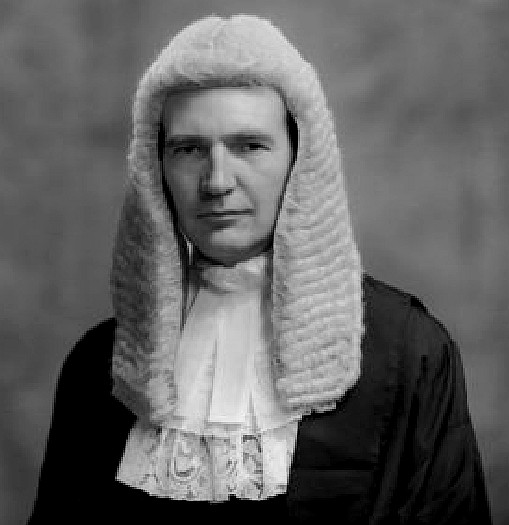
Ministers
and Civil Servants
Very
high standards of conduct are rightly expected from Ministers and civil
servants. While there is public disquiet, this focuses on fairly narrow
issues.
A
Code of Conduct for civil servants has recently been announced. The
existing guidance for Ministers is sound but needs to be drawn together
into a clear set of principles.
The
public interest requires that allegations of ministerial misconduct be
promptly investigated. Normally this is a matter for the Prime Minister.
Who should investigate, and whether to publish a report, will vary from
case to case, but in such cases civil servants should not be drawn into
the party debate and their advice should remain confidential.
There
has been much concern over Ministers who, on leaving office take positions
in companies with which they have had official dealings. For two years
after leaving office senior civil servants have to seek clearance from an
independent advisory committee before joining private companies. The same
need to protect the public interest arises with Ministers and special
advisers, who should be subject to a similar clearance system.
For
both Ministers and civil servants the system should be made more open to
public scrutiny than at present.
There
is insufficient monitoring of the effectiveness of similar arrangements
for more junior civil servants, and these should be reviewed.
Very
large changes in the management and structure of the civil service have
taken place. Greater delegation and diversity mean that more positive
action has to be taken to reduce the risk of impropriety. In particular,
political interference in the pay and promotion of individuals must be
avoided.
While
the new independent appeal system for civil servants is welcome, better
arrangements within Departments for the confidential investigation of
staff concerns on propriety are needed.
More
needs to be done to ensure that all civil servants remain aware of the
standards of conduct required in the public sector.
The
rules on acceptance of gifts and hospitality for both Ministers and civil
servants are sufficiently strict, and need not be changed.
Quangos
- (Executive
NDPBs and NHS Bodies)
Executive
Non-Departmental Public Bodies (NDPBs) and National Health Service bodies
are public bodies with executive powers whose Boards are appointed by
Ministers. They have almost 9000 Board Members and spend some £40bn a
year.
There
is much public concern about appointments to Quango Boards, and a
widespread belief that these are not always made on merit. The Government
has committed itself publicly to making all appointments on merit.
While
individual posts should always be filled purely on merit, it is important
that the overall composition of boards should represent an appropriate mix
of relevant skills and background. This range should be clearly and
publicly set out in job specifications.
Ministers
should continue to make board appointments, but an independent Public
Appointments Commissioner should be appointed to regulate, monitor and
report on the public appointments process.
The
Government is already taking steps to develop best practice and to ensure
that the widest range of candidates is secured. In future the Commissioner
should recommend best practice and Departments should have to justify any
departures from it.
Formal
and impartial assessment of candidates is essential. The advisory panels
being introduced in the NHS should become universal, and they should all
include an independent element. All candidates whom Ministers consider for
all appointments should have been approved as suitable by an advisory
panel.
Following
recent scandals, much has been done to improve and standardise
arrangements to secure high standards of conduct in NDPBs. This process
needs to continue. All NDPBs and NHS bodies should have codes of conduct,
in line with the principles which apply to all public bodies, for board
members and staff.
There
remain differences in the legal framework governing standards of conduct
in NDPBs, NHS bodies and local authorities. The Government needs to review
this area and consider whether greater consistency can be achieved.
Further
steps are needed to safeguard propriety both internally and externally.
Internally, the Accounting Officer's responsibility for propriety as well
as financial matters needs to be emphasised, and better confidential
avenues are needed for investigation of staff concern about propriety.
Externally,
the role of auditors in propriety matters needs to be emphasised. Audit
arrangements should be reviewed to ensure that best practice applies to
all bodies.p
Recommendations
We
set out below our specific recommendations.
More
details on each are in the relevant chapter of our report.
We
believe it would be helpful to those to whom we have addressed the report
if we gave some broad indication of the timescale within which we consider
that recommendations could be implemented. We therefore place our
recommendations into one of three broad categories:
A those recommendations which we believe could be implemented with the minimum of delay;
B those recommendations which could in our view be implemented-or on which we would
expect to see significant progress towards implementation-by the end of this year;
C recommendations which we recognise will take longer to implement, but on which we would
wish to re-examine progress in the latter part of next year.
Members
of Parliament
1.
Members of Parliament should remain free to have paid employment unrelated
to their role as MPs. [A]
2.
The House of Commons should restate the 1947 resolution which places an
absolute bar on Members entering into contracts or agreements which in any
way restrict their freedom to act and speak as they wish, or which require
them to act in Parliament as representatives of outside bodies. [A]
3.
The House should prohibit Members from entering into any agreements in
connection with their role as Parliamentarians to undertake services for
or on behalf of organisations which provide paid Parliamentary services to
multiple clients or from maintaining any direct or active connections with
firms, or parts of larger firms, which provide such Parliamentary
services. [B]
4.
The House should set in hand without delay a broader consideration of the
merits of Parliamentary consultancies generally, taking account of the
financial and political funding implications of change. [A]
5.
The House should:
*
require
agreements and remuneration relating to Parliamentary services to be
disclosed; [B]
*
expand the guidance on avoiding conflicts of interest;
[B]
*
introduce
a new Code of Conduct for Members; [B]
*
appoint
a Parliamentary Commissioner for Standards; [B]
*
establish
a new procedure for investigating and adjudicating on complaints in this
area about Members. [B]
6. On disclosure of interests we recommend:
the
Register should continue broadly in its present form, and should be
published annually. [B]
However the detailed entry requirements should be improved to give a
clearer description of the nature and scope of the interests declared;
-
updating
of the Register should be immediate. The current updated version should
be made more widely available electronically; [B]
-
from
the beginning of the 1995/96 session (expected in November) Members
should be required to deposit in full with the Register any contracts
relating to the provision of services in their capacity as Members, and
such contracts should be available for public inspection; [B]
-
from
the same time, Members should be required to declare in the Register
their annual remuneration, or estimated annual remuneration, in respect
of such agreements. It would be acceptable if this were done in bands:
eg under £1,000; £1,000-5,000; £5,000-10,000; then in £5,000 bands.
An estimate of the monetary value of benefits in kind, including support
services, should also be made; [B]
Members
should be reminded more frequently of their obligations to Register and
disclose interests, and that Registration does not remove the need for
declaration and better guidance should be given, especially on first
arrival in the House. [B]
7. Members should be advised in their own interests that all employment
agreements which do not have to be deposited should contain terms, or be
supported by an exchange of letters, which make it clear that no
activities relating to Parliament are involved. [B]
8.
The rules and guidance on avoiding conflict of interest should be expanded
to cover the whole range of business pertaining to Parliament, and
particular attention should be paid to Standing Committees. [B]
9.
The House should draw up a Code of Conduct setting out the broad
principles which should guide the conduct of Members; this should be
restated in every new Parliament. [B]
10.
The Government should now take steps to clarify the law relating to the
bribery of or the receipt of a bribe by a Member of Parliament. [C]
11.
On procedure we recommend:
the
House should appoint a person of independent standing, who should have a
degree of tenure and not be a career member of the House of Commons
staff, as Parliamentary Commissioner for Standards; [B]
the
Commissioner should have the same ability to make findings and
conclusions public as is enjoyed by the Comptroller and Auditor General
and the Parliamentary Commissioner for Administration; [B]
the
Commissioner should have independent discretion to decide whether or not
a complaint merits investigation or to initiate an investigation; [B]
the
Commissioner should be able to send for persons, papers and records, and
will therefore need to be supported by the authority of a Select
Committee with the necessary powers; [B]
we
consider that a sub-committee of the Committee of Privileges, consisting
of up to seven very senior Members, would be the best body to take
forward individual cases recommended by the Commissioner for further
consideration; we recommend that such a sub-committee should be
established; [B]
in
view of the fact that there would be a prima facie case to investigate,
we recommend that hearings of the proposed sub-committee should normally
be in public. We also recommend that the sub-committee should be able to
call on the assistance of specialist advisers and that a Member who so
wishes should be able to be accompanied by advisers before the
sub-committee; [B]
the
sub-committee should be given discretion to enable an adviser to act as
the Member's representative at hearings; [B]
as
the sub-committee would report to the full Privileges Committee this
would have the practical effect of giving the Member a right of appeal
to that Committee. Only the most serious cases should need to be
considered by the whole House. [B]
The
Executive: Ministers and Civil Servants
12.
The first paragraph of Questions of Procedure for Ministers (QPM) should
be amended to say: 'It will be for individual Ministers to judge how best
to act in order to uphold the highest standards. It will be for the Prime
Minister to determine whether or not they have done so in any particular
circumstance.' [A]
13.
The Prime Minister should put in hand the production of a document drawing
out from QPM the ethical principles and rules which it contains to form a
free-standing code of conduct or a separate section within a new QPM. If
QPM is to remain the home for this guidance, we recommend that it is
retitled 'Conduct and Procedure for Ministers' to reflect its scope. [A/B]
14.
Careful consideration should be given to ensuring that the most
appropriate means is used for the investigation of cases of alleged
impropriety affecting Ministers. Other than in exceptional circumstances,
the general rule that advice from civil servants to Ministers should not
be made public should apply in these cases. [A]
15.
A system similar to the civil service business appointment rules should
apply to Ministers. The system should operate on an advisory basis, and it
should be administered by the existing Advisory Committee on Business
Appointments. [A]
16.
In parallel with the civil service arrangements for permanent secretaries,
an automatic waiting period of three months should apply to former Cabinet
Ministers, but not to other Ministers or Whips. In cases where a further
waiting period is recommended, the maximum waiting period should be set at
two years from the date of leaving office. [A]
17.
The advisory committee should be able to advise an applicant, whether a
civil servant or a former Minister, that they feel that the application is
not appropriate, and to make public that advice if it is not taken. [A]
18.
Former Ministers, having received the advice of the advisory committee,
should have the right of appeal to the Prime Minister of the day, who
would be able to reduce any waiting period or relax any conditions if the
appeal were well-founded. [A]
19.
The system should be as open as possible, while protecting the personal
privacy of Ministers. [A]
20.
The Government should monitor the workload of the advisory committee under
the new arrangements and put in place contingency arrangements for its
staffing to be augmented to deal with the aftermath of any change of
administration. [B]
21.
Departments, as well as maintaining records of gifts, should maintain
records of hospitality accepted by Ministers in their official capacity
and should make these records available if asked to do so. [A]
22.
The new performance pay arrangements for the senior civil service should
be structured so as not to undermine political impartiality. [A]
23.
The draft civil service code should be revised to cover circumstances in
which a civil servant, while not personally involved, is aware of
wrongdoing or maladministration taking place. [A]
24.
The operation of the appeals system under the Code should be disseminated
as openly as possible, and the Commissioners should report all successful
appeals to Parliament. [B]
25.
Departments and agencies should nominate one or more officials entrusted
with the duty of investigating staff concerns raised confidentially. [A]
26.
The new civil service code should be introduced with immediate effect,
without waiting for legislation. [A]
27.
The Cabinet Office should continue to survey and disseminate best practice
on maintaining standards of conduct to ensure that basic principles of
conduct are being properly observed.[A]
28.
There should be regular surveys in departments and agencies of the
knowledge and understanding staff have of ethical standards which apply to
them; where such surveys indicate problem areas, guidance should be
reinforced and disseminated appropriately, particularly by way of
additional training. [A]
29.
The Advisory Committee on Business Appointments should, when an
appointment has been taken up, give the reasons for its decision in that
particular case. [A]
30.
The operation, observance and objectives of the civil service business
appointment rules should be reviewed. [B]
31.
Special advisers should be subject to the business appointment rules. [A]
32.
A central or local record of invitations and offers of hospitality
accepted should be kept in all departments and agencies. There should be
clear rules specifying the circumstances in which staff should seek
management advice about the advisability of accepting invitations and
offers of hospitality. [A]
Quangos
(Executive
Non-Departmental Public Bodies and National Health Service Bodies)
Appointments
33.
The ultimate responsibility for appointments should remain with Ministers.
[A]
34.
All public appointments should be governed by the overriding principle of
appointment on merit. [A]
35.
Selection on merit should take account of the need to appoint boards which
include a balance of skills and backgrounds. The basis on which members
are appointed and how they are expected to fulfil their role should be
explicit. The range of skills and background which are sought should be
clearly specified. [A]
36.
All appointments to executive NDPBs or NHS bodies should be made after
advice from a panel or committee which includes an independent element.
[C]
37.
Each panel or committee should have at least one independent member and
independent members should normally account for at least a third of
membership. [C]
38.
A new independent Commissioner for Public Appointments should be
appointed, who may be one of the Civil Service Commissioners. [B]
39.
The Public Appointments Commissioner should monitor, regulate and approve
departmental appointments procedures. [C]
40.
The Public Appointments Commissioner should publish an annual report on
the operation of the public appointments system. [C]
41.
The Public Appointments Unit should be taken out of the Cabinet Office and
placed under the control of the Public Appointments Commissioner. [B]
42.
All Secretaries of State should report annually on the public appointments
made by their departments. [B]
43.
Candidates for appointment should be required to declare any significant
political activity (including office-holding, public speaking and
candidature for election) which they have undertaken in the last five
years. [B]
44.
The Public Appointments Commissioner should draw up a code of practice for
public appointments procedures. Reasons for departures from the code on
grounds of 'proportionality' should be documented and capable of review.
[C]
Propriety
45.
A review should be undertaken by the Government with a view to producing a
more consistent legal framework governing propriety and accountability in
public bodies, including executive NDPBs, NHS bodies and local government.
This should involve all relevant departments and be co-ordinated by the
Cabinet Office and the Treasury. [C]
46.
The adoption of a code of conduct for board members should be made
mandatory for each executive NDPB and NHS body. [B]
47.
It should be mandatory for the board of each executive NDPB and NHS body
to adopt a code of conduct for their staff. [B]
48.
Board members and staff of all Executive NDPBs and NHS bodies should be
required on appointment to undertake to uphold and abide by the relevant
code, and compliance should be a condition of appointment. [B]
49.
Sponsor departments should develop clear disciplinary procedures for board
members of executive NDPBs and NHS bodies with appropriate penalties for
failing to observe codes of conduct.[C]
50.
The role of NDPB and NHS accounting officers should be redefined to
emphasise their formal responsibility for all aspects of propriety. [B]
51.
The Audit Commission should be authorised to publish public interest
reports on NHS bodies at its own discretion. [B]
52.
The Treasury should review the arrangements for external audit of public
bodies, with a view to applying the best practices to all. [C]
53.
Each executive NDPB and NHS body that has not already done so should
nominate an official or Board Member entrusted with the duty of
investigating staff concerns about propriety raised confidentially. Staff
should be able to make complaints without going through the normal
management structure, and should be guaranteed anonymity. If they remain
unsatisfied, staff should also have a clear route for raising concerns
about issues of propriety with the sponsor department. [B]
54.
Executive NDPBs, supported by their sponsor departments, should:
develop
their own codes of openness, building on the government code and
developing good practice on the lines recommended in this report; [B]
ensure
that the public are aware of the provisions of their codes; [B]
sponsor
departments should:
encourage
executive bodies to follow best practice and improve consistency between
similar bodies by working to bring the standards of all up to those of
the best; [B]
the
Cabinet Office should:
produce
and periodically update guidance on good practice for openness in
executive NDPBs and NHS bodies. [B]
55.
New board members should on appointment make a commitment to undertake
induction training which should include awareness of public sector values,
and standards of probity and accountability. [B]
LINKS
& REFERENCE https://wikivisually.com/wiki/Michael_Nolan,_Baron_Nolan https://en.wikipedia.org/wiki/Michael_Nolan,_Baron_Nolan https://www.gov.uk/government/publications/the-7-principles-of-public-life
*THAT
THE PUBLIC MAY KNOW* |
















